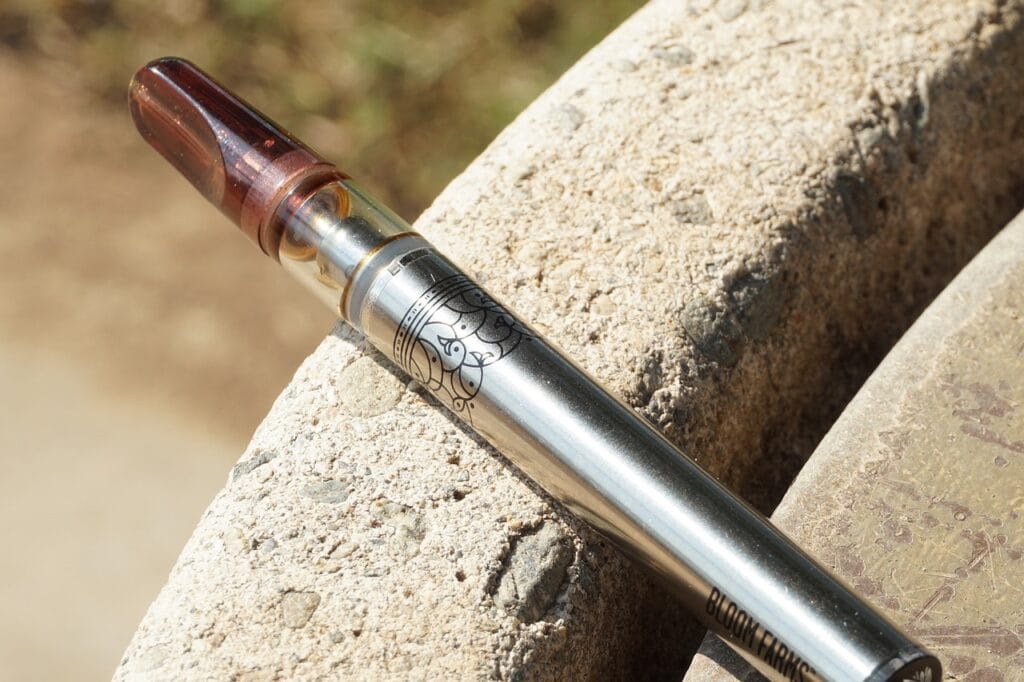Cannabis has historically been stigmatized due to its effects, but it is now gaining recognition for its potential across various medical fields. In recent years, research into the therapeutic properties of cannabis has notably increased, particularly regarding its benefits for neurological conditions.
Beyond its well-known uses for stress relief, alleviating depression, and improving sleep, cannabis shows promise in addressing a range of neurological disorders. In this article, we explore five such conditions and examine how a Buy My Weed Online Canada cannabis or cannabis plays a role in their therapeutic applications.
Table of Contents
Key Takeaways:
- Certain cannabinoids and terpenes exhibit unique effects on various neurological disorders.
- Linalool, myrcene, and limonene have anti-convulsant properties.
- Equal amounts of THC and CBD, along with other cannabis compounds, show potential in cancer treatment.
A Natural Approach to Managing Neurological Disorders
Approaches to addressing the complexities of conditions such as Alzheimer’s disease, brain tumors, Parkinson’s disease, intractable epilepsy, and chronic traumatic encephalopathy vary based on individual patient needs and the severity of their condition.
Cannabis is a Viable Treatment Option
Epilepsy
The endocannabinoid system influences the seizure threshold. THC can completely stop seizures, unlike phenobarbital and diphenylhydantoin. Studies have shown acute spikes in endocannabinoid production and a sustained increase in CB1 production. Researchers have noted the anti-convulsant properties of cannabinoids even at levels below sedation.
THC, THCA, and linalool, a terpenoid found in cannabis, have been subjects of scientific exploration. Recent findings indicate the anti-convulsant properties of cannabidiolic acid (CBDA), suggesting its serotonergic effects. CBDA shows a significantly higher affinity for the 5-HT1A receptor than CBD.
If you are looking to explore cannabis vape pens to help with your condition, seek Buy My Weed Online Canada products that contain THC, CBD, THCA, or Linalool.
Brain Tumours
Multiple studies have explored the use of cannabis in patients with diagnosed brain tumors. A study published in the British Journal of Cancer in 2006 found that administering THC directly into tumors in patients with glioblastoma multiforme slightly extended their lives beyond expectations.
THCA, acting as a peroxisome proliferator-activated receptor-gamma agonist, outperforms CBDA, CBD, or THC in potential impact. PPARs promise to selectively target cancer cells while leaving normal cells unharmed. The synergistic effects of THCA with other cytotoxic agents highlight its potential in cancer therapy.
Parkinson’s Disease
An observational study revealed that many patients were able to tolerate smoked cannabis, presumably THC-predominant. Benefits included improvements in tremor, rigidity, and bradykinesia among participants.
Alzheimer’s Disease
Alzheimer’s disease involves the creation of senile plaques and neurofibrillary tangles. CBD acts as a protective antioxidant for the brain, interacting safely with NMDA receptors. It can stop the formation of plaques and reduce harmful ROS production.
Cannabis components show potential to address various symptoms associated with this complex disorder:
- Agitation may find relief with THC, CBD, and linalool.
- Psychosis symptoms may benefit from CBD.
- THC and linalool may alleviate insomnia and restlessness.
- THC is indicated for anorexia, while THC, CBD, and linalool may help with aggression.
- THC, limonene, and CBD could potentially aid in managing depression.
- THC and CBD are known for pain-relieving properties.
- Alpha-pinene is linked to memory enhancement.
- CBD and THC are associated with neuroprotection.
Traumatic Brain Injury / Chronic Traumatic Encephalopathy
Cannabis, particularly chemovars blending THC and CBD, can alleviate symptoms associated with CTE, including headache, nausea, and agitation.
Want to Use Cannabis for Your Current Condition?
Engaging in cannabis use is a widely accepted method to reap its benefits. If you’re looking to avoid potential health risks linked to traditional methods, cannabis vapes from Buy My Weed Online Canada present a viable alternative.
Weed Vape Pens Treat Your Condition
Neurological treatment for the conditions discussed requires significant progress. However, emerging methods like using cannabis, including through a cannabis, in treatment protocols show promise. Research studies suggest that cannabis can help manage symptoms of these conditions.
Frequently Asked Questions
Can a dab pen provide the same experience as a vape pen?
A dab pen and a vape pen both vaporize cannabis concentrates but differ in intensity. Dab pens are for solid concentrates and produce a more intense effect, while vape pens offer a milder experience.
Are THC pens cheap?
The average cost of a cannabis pen is approximately $50, with options ranging from $20 to $200 or more.
Can my current medication interact with the active ingredient in my cannabis vape?
This depends on your prescription drug. Always consult your doctor before adding cannabis to your current medication regimen.
Are cannabis pens the best alternative when treating health issues with cannabis?
Weed pens offer a cleaner way to use cannabis without smoke, making them a popular choice. However, it’s essential for anyone considering them for health reasons to consult a doctor first.
Related Articles:
“`



